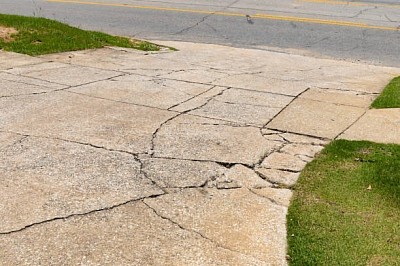Environmental benefits of resin bound gravel surfacing as against Tarmacadam, Block Paving and Concrete.
Environmental Benefits of Resin Bound Gravel Surfacing Over Tarmacadam, Block Paving, and Concrete
1. Permeability & Drainage
- Resin bound gravel is fully permeable, allowing rainwater to drain naturally through the surface.
- This reduces surface water runoff, helps prevent localised flooding, and supports sustainable drainage systems (SuDS).
- Tarmacadam, concrete, and most block paving are generally impermeable, contributing to increased runoff and potential drainage issues unless special measures are taken.
2. Reduced Urban Heat Island Effect
- The light, natural appearance of resin bound gravel reflects more sunlight and absorbs less heat than darker tarmac surfaces, helping to keep local areas cooler.
- Concrete and tarmacadam can absorb and retain heat, contributing to urban heat islands.
3. Use of Recycled Materials
- Many resin bound systems incorporate recycled aggregates (such as glass or rubber), reducing the demand for virgin materials and supporting circular economy principles.
- Traditional block paving, tarmacadam, and concrete typically rely on quarried or processed materials with higher environmental footprints.
4. Lower Energy Consumption in Installation
- Resin bound gravel can often be installed directly over existing surfaces, reducing the need for energy-intensive excavation and heavy machinery.
- Tarmacadam and concrete installations usually require more extensive groundwork and machinery, increasing energy use and emissions.
5. Reduced Chemical Runoff
- The permeability of resin bound gravel helps filter pollutants from rainwater before it enters groundwater or drainage systems.
- Impermeable surfaces like tarmac and concrete can increase the risk of oil, fuel, and other chemicals washing directly into drains and waterways.
6. Longevity and Low Maintenance
- Resin bound gravel is durable, resistant to cracking, and requires minimal maintenance, which reduces the frequency of repairs and associated resource use.
- Block paving can shift or become uneven, and tarmac may crack or degrade, potentially requiring more frequent repairs.
7. Aesthetics and Biodiversity
- The natural stone finish of resin bound gravel can blend better with green spaces and support more sympathetic landscaping.
- It’s less disruptive to local biodiversity than large expanses of hard, reflective concrete or tarmacadam.

